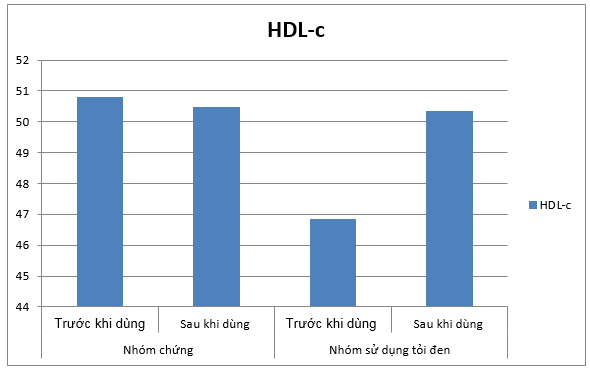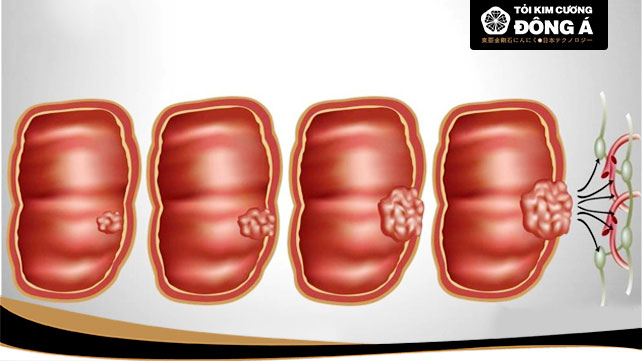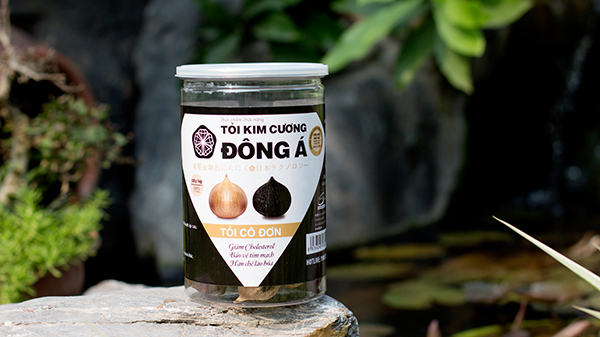The effects of black garlic on blood lipids
Black garlic is always “first line’ food for blood lipid patients. The cholesterol-lowering effects of garlic were determined in many scientifically studies.
What is black garlic?
Garlic (Allium sativum) has been used as a medicinal ingredient in folk remedies since the old times. It contains various bio-functional properties affecting health, but was not enjoyed by many due to its peculiar smell. Various food processing methods have been employed to get rid of the smell of garlic. Black garlic is made by ripening raw garlic at high temperature and humidity, which removes the peculiar pungent odor. Black garlic gets its name from the black hue of the cloves, but retains the same shape as raw garlic. During the ripening process, the glyco-component and amino acids of the garlic undergo a non-enzymatic browning reaction, producing melanoidins and water-soluble components such as S-allylcysteine (SAC) and S-allyl melcaptocystein (SAMC), and nearly removing all volatile substances. In black garlic, the contents of water soluble components, such as SAC and SAMC, are known to increase significantly during the aging process, unlike raw garlic, which may play a key role in antilipidemic action as well as conferring potent antioxidant activity.
Oxidant and free radical cause many dangerous diseases like: blood pressure, diabetes, blood lipids,… Black garlic is strong antioxidant, can scavenge free radical, and helps improve this diseases status.
The research about black garlic and blood lipids
The research was supported by the Korean Food Research Institute. This study was conducted at the Clinical Trial Center for Functional Foods in Chonbuk National University Hospital. The study conducted a double-blind, randomized placebo-controlled trial. Sixty participants were randomly assigned to receive either Black garlic or placebo twice daily (total 6 g/d) before consumption of a meal every morning and evening for 12 weeks. During the study, two participants dropped out of the Black garlic group, and three participants dropped out of the placebo group. Thus, the effects of Black garlic on fasting blood levels of lipids were evaluated in 28 participants and compared with the placebo group.
Among lipid components, no significant differences in triglycerides, low-density lipoprotein Cholesterol, total cholesterol, or free fatty acid levels were observed between the two groups. However, Black garlic increased high-density lipoprotein cholesterol levels compared with the placebo group at the end of the study. Moreover, a significant decrease in the levels of alipoprotein B and a significant increase in the ratio of low-density lipoprotein cholesterol/alipoprotein B were observed in the Black garlic group. No adverse effects were reported in any of the patients.


.jpg)




